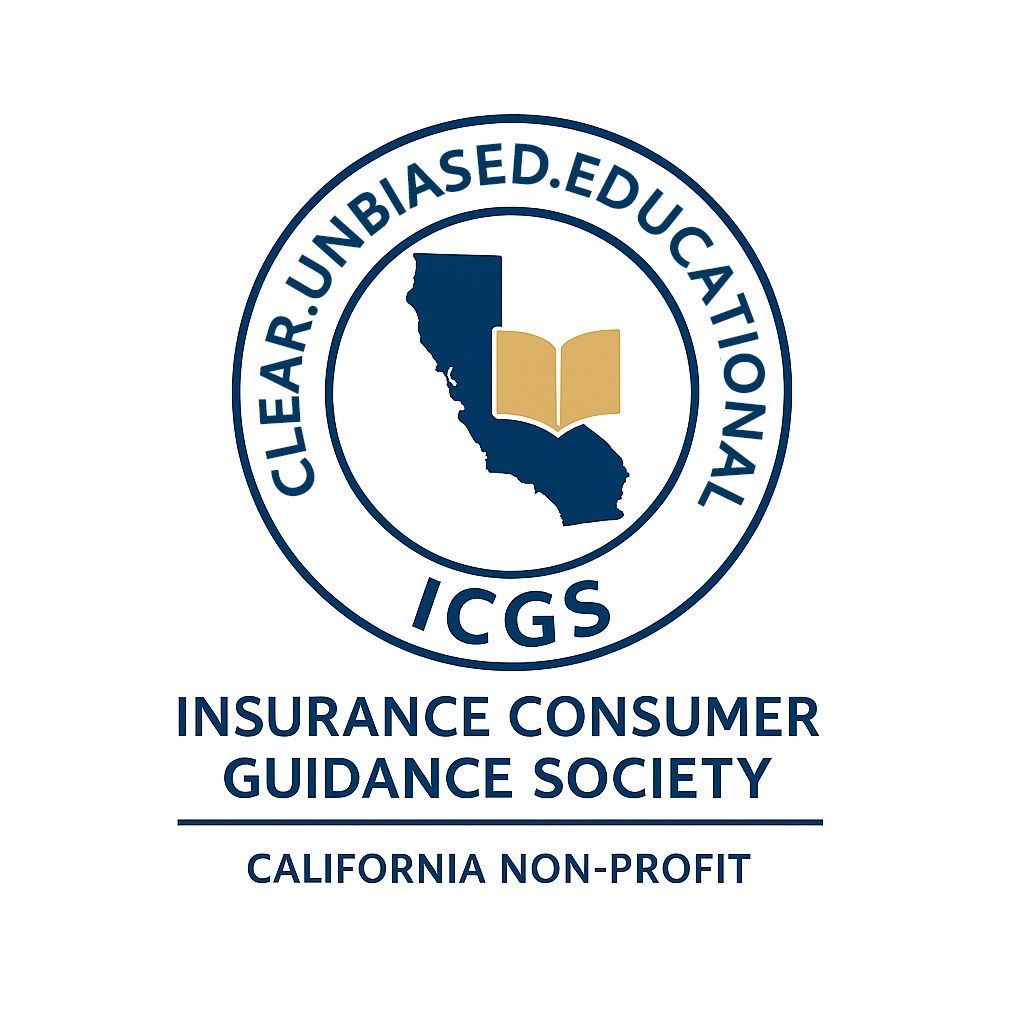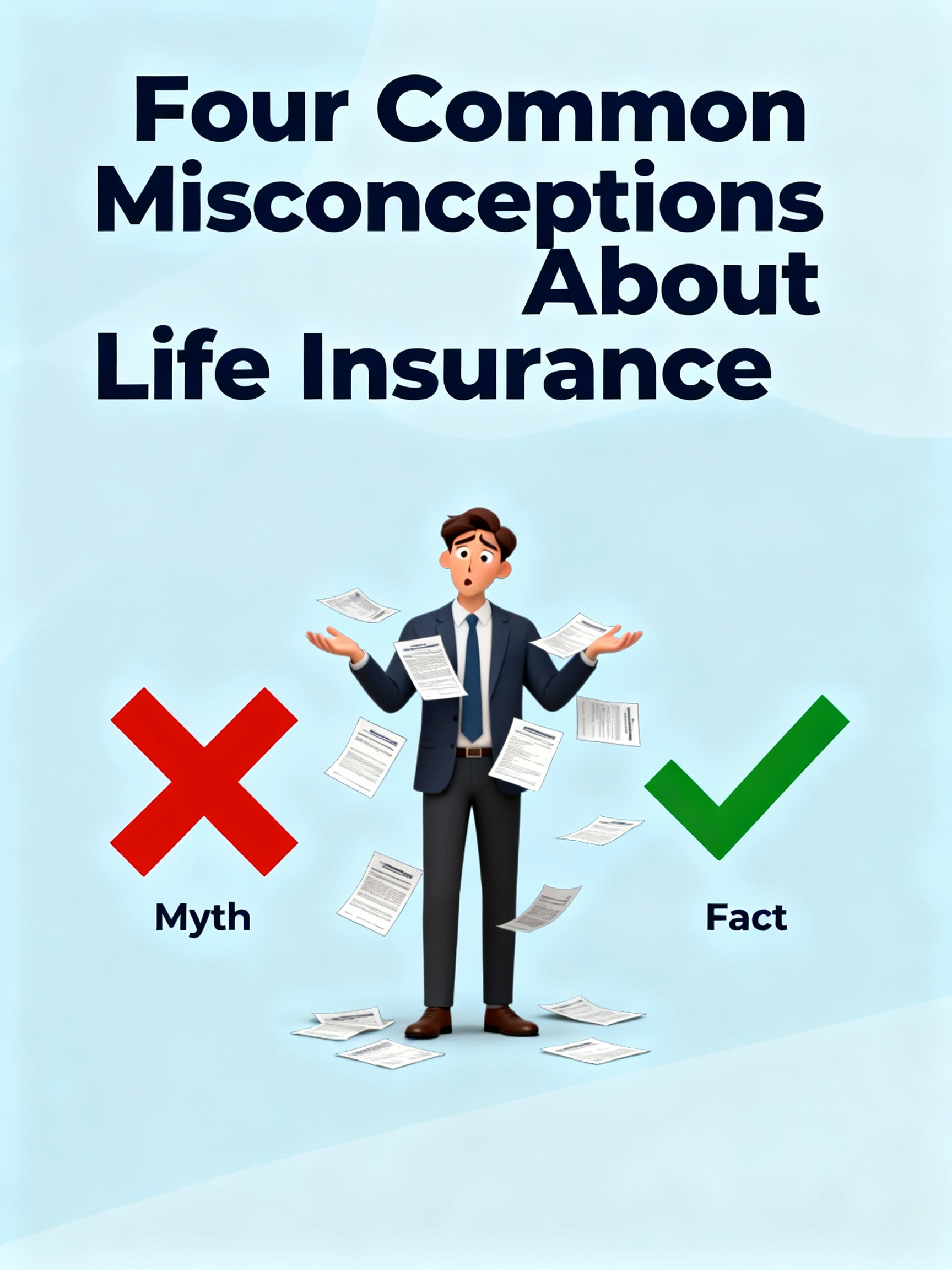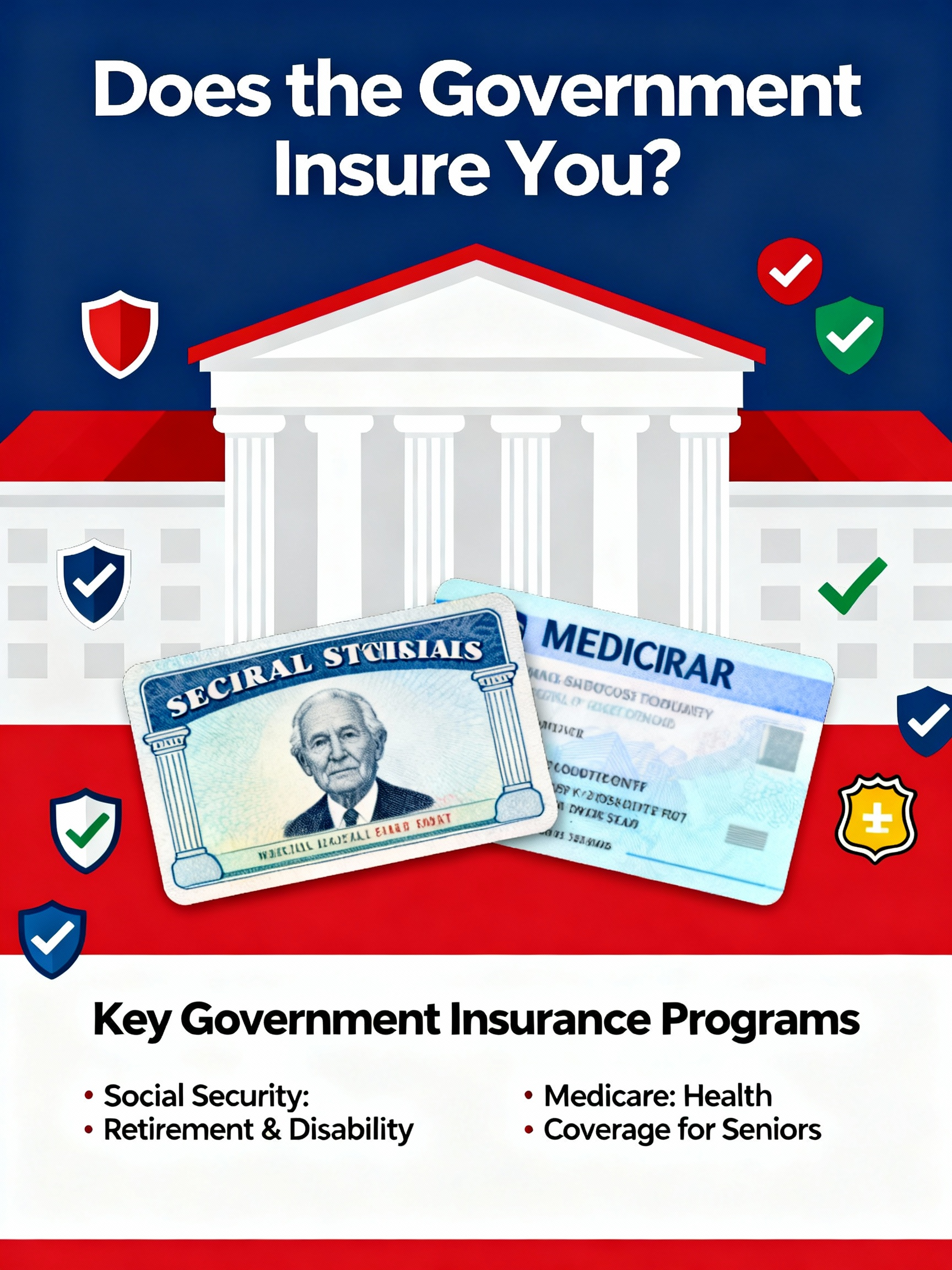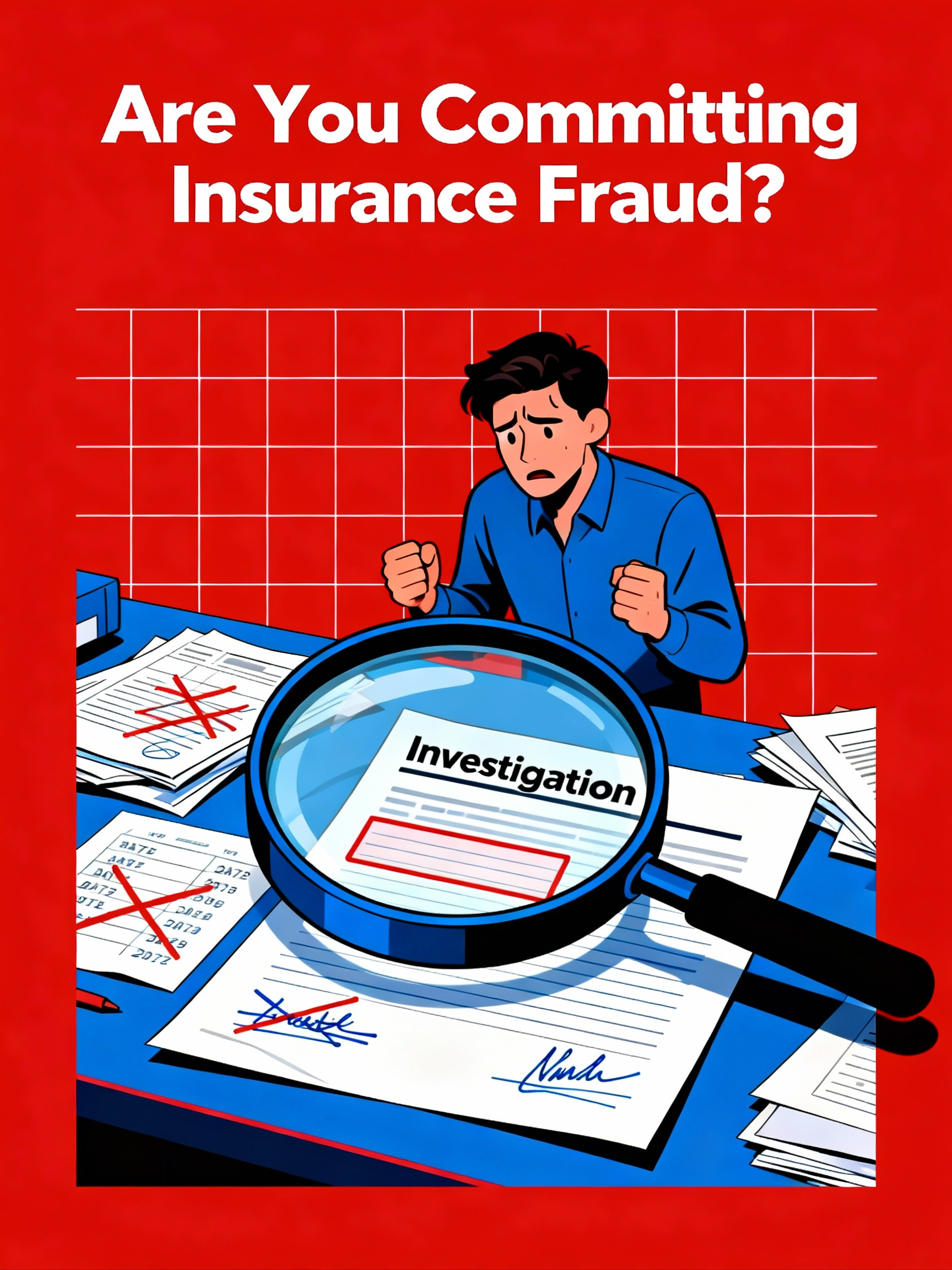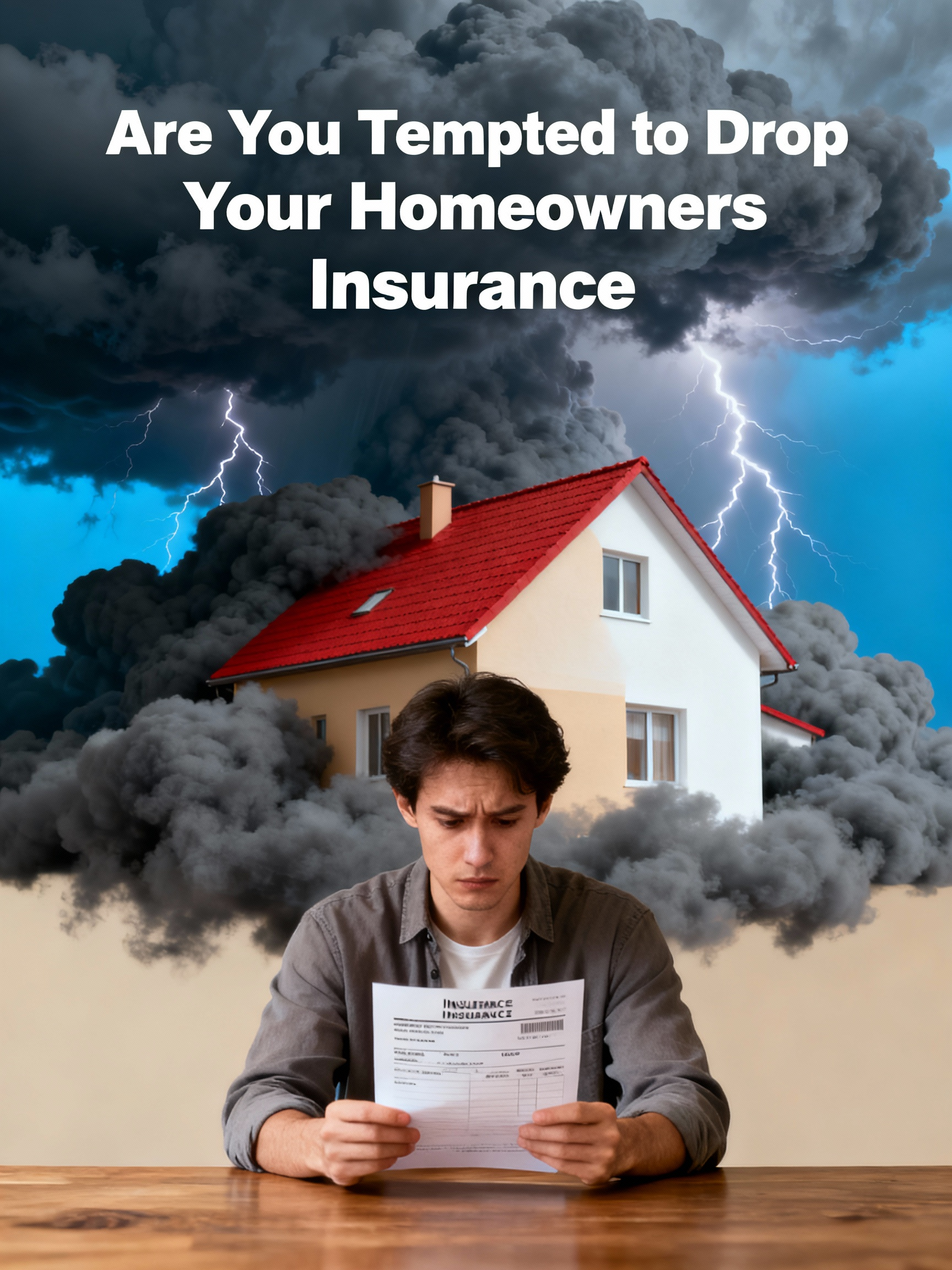California Homeowners Push Back on Insurance Claims Crisis
Published Date: 06/05/2025
When CBS News Los Angeles hosted a live homeowners insurance phone bank, the response was immediate and overwhelming. Within minutes of going live, the newsroom’s phones lit up nonstop as homeowners from across Southern California called in with urgent questions: Why are premiums so high? Why are policies being dropped? Who can help when claims go nowhere?
The event, led by consumer reporter Christine Lazar and joined by insurance expert Karl Susman, revealed the depth of frustration facing California homeowners. It also highlighted an important truth Susman stressed repeatedly: consumers have more power than they realize.
A Flood of Calls Reflects a Statewide Problem
Lazar described the scene as “phones ringing off the hook.” Hundreds of residents called between 3:30 p.m. and 6:30 p.m., seeking guidance on non-renewals, premium increases, and disputes with the California FAIR Plan, the state’s insurer of last resort.
For many callers, this was their first opportunity to speak directly with someone who could explain their options and rights. Lazar summed up what viewers were asking in real time: How can insurance remain affordable? What recourse do homeowners have when fire coverage is reduced or denied?
Behind the scenes, a small panel of industry professionals, including independent agent and analyst Karl Susman, worked through the calls and offered practical guidance during a moment of heightened uncertainty.
The Shared Experience: Frustration and Confusion
When asked what he was hearing most often, Susman pointed to a troubling pattern: repeated reassignment of insurance adjusters on the same claim.
He explained that many homeowners start with one adjuster, only to be reassigned multiple times—sometimes up to five different adjusters over the life of a single claim. Each reassignment forces policyholders to retell their story, resubmit documents, and navigate conflicting interpretations of coverage.
Susman stressed that this is not normal industry practice and should not be accepted as standard. His advice was clear: if the process becomes inconsistent or unreasonably delayed, homeowners should escalate their concerns immediately by requesting a supervisor. If internal escalation fails, consumers should file a complaint with the California Department of Insurance.
FAIR Plan Smoke Damage Claims Under Scrutiny
One of the most significant issues raised during the phone bank centered on the FAIR Plan’s handling of smoke damage claims. This controversy stems from a 2022 Department of Insurance investigation into how the FAIR Plan managed wildfire-related smoke losses.
Homeowners who survived fires but could not return to their homes questioned whether smoke damage was legally required to be covered. Susman confirmed that in 2022 the Department of Insurance found the FAIR Plan was not in compliance with California law. As a result, regulators ordered the reopening of 59 claims and required additional payments.
The Insurance Commissioner also directed the FAIR Plan to update its policy language to clearly include smoke damage coverage. However, state lawmakers have since noted that the updates still have not been fully implemented. The ongoing dispute highlights how even state-backed insurance systems can fall short and why persistence from consumers remains critical.
Why Homeowners Must Push Back on Low Settlements
Many callers described a sense of helplessness after months of waiting, only to receive settlement offers far below contractor estimates. Susman encouraged homeowners not to accept the first denial or low payout without review.
He advised homeowners to consult trusted professionals outside of the adjuster handling the claim—such as their agent or broker—and compare settlement offers to realistic repair estimates. When large discrepancies arise, homeowners should challenge the insurer’s conclusions.
His message remained consistent throughout the broadcast: consumers should push back because they possess far more leverage than they often believe. Simply asking informed questions and documenting objections can significantly alter claim outcomes.
California’s Homeowners Insurance Market Under Strain
The backdrop to the phone bank was a statewide homeowners insurance crisis that has intensified in 2023 and 2024. Several major carriers have paused or restricted new policies. The FAIR Plan now insures more than 350,000 homes, the highest number in its history.
Regulatory delays under Proposition 103 have prevented insurers from adjusting rates quickly in response to wildfire exposure, inflation, and reinsurance costs. The result is a tightened marketplace where homeowners face increasing premiums, shrinking coverage, and limited availability.
These systemic pressures flow directly into claim handling. Overloaded insurers, staffing shortages, and financial stress contribute to longer wait times, multiple adjuster reassignments, and incomplete settlements. The phone bank revealed that these administrative breakdowns are not isolated incidents but widespread symptoms of a strained system.
The Importance of Direct Consumer Access
While legislative hearings and regulatory debates dominate headlines, the CBS phone bank focused on the human side of California’s insurance breakdown. Callers included retirees, first-time homeowners, renters, and families trying to rebuild after loss.
By placing industry professionals directly on the phone with viewers, the broadcast gave consumers something rarely offered: immediate, personal access to expert guidance. Lazar emphasized that the goal was to equip people with information so they could recognize when something felt wrong and respond with confidence.
The event reflected a growing demand for transparency and accountability across the insurance industry—not only in pricing but in communication and claims practices.
What Homeowners Should Do When Claims Stall
Based on Susman’s guidance and the Department of Insurance’s recommendations, homeowners facing claim disputes should take several critical steps.
First, they should document every interaction with their insurer, maintaining a detailed log of calls, emails, adjuster visits, and promises made.
Second, homeowners should request written explanations for any denial or low settlement offer. Insurers are required to cite the specific policy language supporting their decision.
Third, if the process becomes inconsistent or delays persist, homeowners should request a supervisor with authority to review the handling of the claim.
Fourth, when internal escalation fails, filing a formal complaint with the California Department of Insurance can trigger an investigation and compel insurer responses.
Finally, working with an independent agent or broker can provide both advocacy and access to multiple coverage options when the process grows complex.
Persistence as a Consumer Advantage
As the phone bank concluded, the constant ringing underscored the depth of anxiety facing California homeowners. Each call represented a family worried about rebuilding, a policyholder stunned by renewal costs, or a homeowner unsure what their coverage truly protected.
Despite the uncertainty, Susman’s parting message remained firm. If something doesn’t sound right, it probably isn’t. Homeowners should ask questions, seek second opinions, and press for clarity rather than passively accepting decisions that feel wrong.
Persistence, when paired with documentation and informed advocacy, remains one of the strongest tools consumers possess.
Restoring Balance Through Awareness
California’s insurance crisis will not be resolved quickly. Meaningful reform will require legislative changes, updated risk modeling, and modernized regulatory frameworks. Those solutions will take time.
In the meantime, awareness offers immediate power. Understanding policy rights, knowing how to escalate concerns, and recognizing when insurer behavior deviates from proper standards can shift the balance back toward the homeowner.
As demonstrated during the CBS News Los Angeles phone bank, when the lines open, people will call. Because for most Californians, insurance is no longer a technical issue—it is a matter of trust, security, and financial survival.rust.
Author
